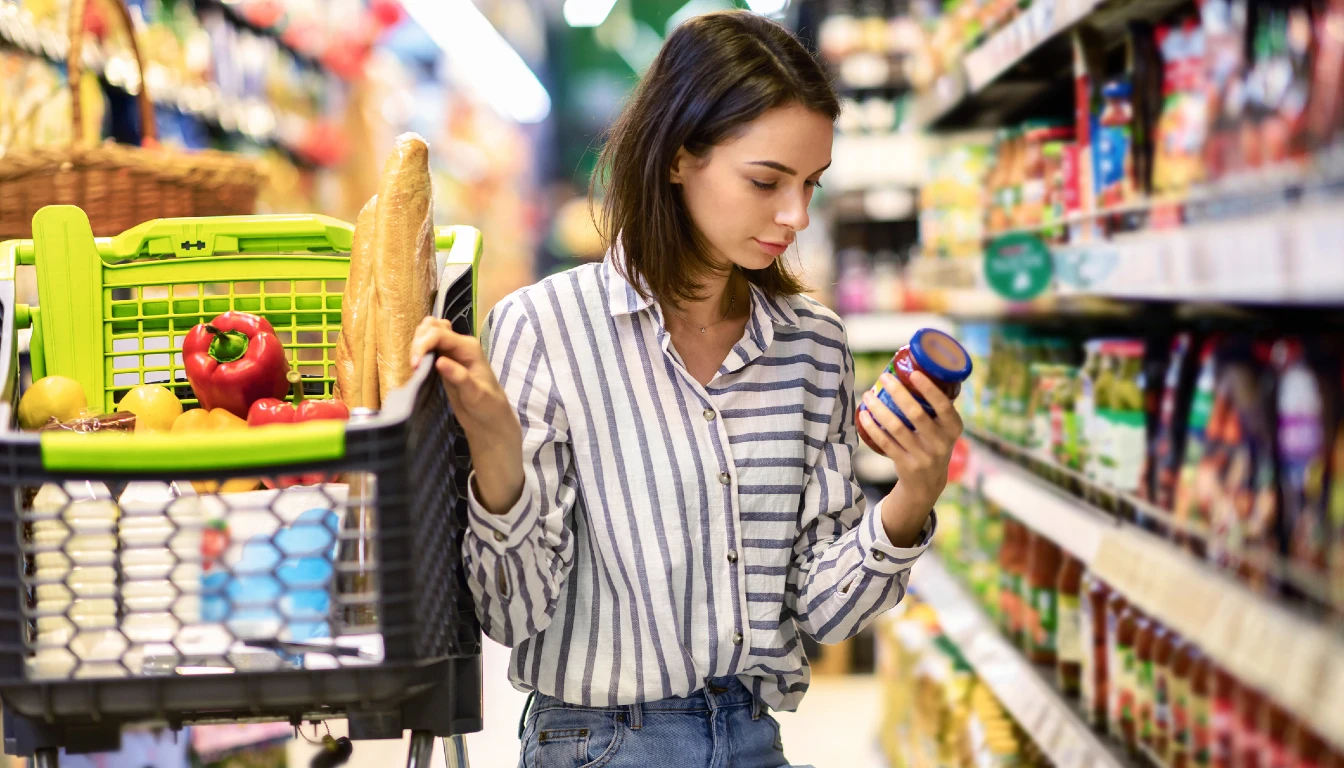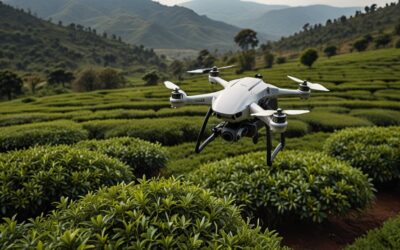Spotlight interview with Mike Barry, Co-Founder of Planeatry Alliance, bridging the gap between sustainability and health to drive transformative change in food systems
In the complex world of food and sustainability, the challenges are as vast as they are urgent. Retailers sit at the heart of this ecosystem, bridging the gap between food producers and billions of consumers worldwide. The question is: how can they drive both human and planetary health while keeping up with the fast-paced demands of the market? According to sustainability veteran Mike Barry, the answer lies in integration, innovation, and above all, simplicity.
Barry, the former head of sustainability at Marks & Spencer, has launched a new venture—The Planeatry Alliance—alongside co-founders Ali Morpeth and Veronica Moran. Their goal? To help retailers and food companies fuse health and sustainability, ensuring that what’s good for people is also good for the planet. “Typically a diet that’s good for the one is good for the other,” Barry explains. “But we fundamentally believe that 80% of people are going to step into the concept of a sustainable diet… through the lens of human health.”
Retailers as the Gatekeepers of Change
At the heart of the food industry, retailers influence trillions of purchasing decisions annually. Barry argues that they play a crucial role in making sustainable choices easier for consumers. “Rather than asking you to make thousands of individual different food choices through the year, it’s so much the better,” he says, “if we can work with the retailers to simplify at the basket level… we will bring the consumer on the journey with us.”
This approach shifts the burden away from consumers, who often struggle to navigate the maze of food labels, carbon footprints, and health impacts. Instead, retailers can use data-driven tools to curate better choices for their customers. For example, digital platforms could allow shoppers to opt for a “low-carbon” or “low-salt” basket with just the click of a button—taking the guesswork out of sustainable shopping.
The Cracks in the Food System
The food system, Barry notes, is uniquely challenging to reform. Unlike the energy sector, which is undergoing a clear transition from fossil fuels to renewables, or the automotive industry’s shift to electric vehicles, the food sector lacks a single, streamlined solution. “We’ve got two billion people on the planet eating too much, a billion eating too little. We’ve got a third of all greenhouse gas emissions coming out of the totality of the food system,” he points out. “Seventy percent of deforestation, 70% of water use, 40% of calories we produce on the planet never reach a human mouth. How crazy is that?”
“Big food companies and retailers need to do the heavy lifting…. working with consumers to help the consumers make really simple choices.”
Making matters worse, the industry is deeply vulnerable to the very problems it’s helping to create. “All those GHGs that it’s spewing out are causing weather extremes which are blowing back into the food system, impacting quality, availability, and cost of food.”
Who’s Responsible for Change?
Addressing these challenges requires a multi-stakeholder approach. Barry breaks down responsibility into three categories: government, big business, and consumers. “Governments need to step in much more directionally to say, ‘This is where we need to get to,’” he says. “Big food companies and retailers need to do the heavy lifting… working with consumers to help the consumers make really simple choices.”
In Barry’s view, voluntary corporate initiatives alone are not enough. “We’ve had 20 years of ESG voluntarism… businesses have stepped forward by and large on a voluntary basis to commit to set targets, have reports, have press releases. And you know what? Not much has actually really happened.”
The Role of Technology in Transformation
Technology, Barry insists, is a critical enabler. While the food industry may not have a single silver bullet, digital tools can drive efficiency, transparency, and consumer engagement. He points to two key innovations. First and most important is data. He points to Mondra, a UK-based platform that standardizes environmental impact data across retailers, as a potential game-changer. Unifying the data of all the leading supermarkets could bring about opportunities never seen before across retail. The second technology that he sees as transformational is digital twins, which allow food companies to model complex changes before rolling them out in the real world.
“With a digital twin, you can model the response to multiple different interventions, all of which interact with each other, rather than being seen in isolation,” he says. “Digital twins will enable food companies to model complex changes before they bet the farm on them.”
Making Sustainable Shopping Effortless
One of the biggest opportunities for retailers lies in integrating AI-driven personalization into online grocery shopping. Barry envisions a future where customers can simply select their dietary and sustainability preferences—such as “low-carbon” or “low-salt”—and have their usual shopping list automatically adjusted to align with those goals. “We’ve got to make it really simple for them to participate,” he argues. “That’s only possible with data points on every product that the AI can use to spew out the answer at basket level.”
While no retailer has yet implemented this approach at scale, Barry sees it as an inevitable evolution.
The Vision for Planeatry Alliance
With their combined expertise in nutrition, sustainability, and business strategy, The Planeatry Alliance aims to equip retailers and food companies with the tools they need to bridge the gap between what’s good for people and what’s good for the planet. The key, Barry emphasizes, is to make sustainable choices feel effortless.
For Barry and his team, success isn’t about growing into a massive consultancy—it’s about making a tangible impact on the food system. “We want to be able to look back in future years and say… [we had] an oversized impact on how the food system operates.”
As the food industry grapples with myriad pressures—from climate change to public health crises—retailers have a unique opportunity to lead. Those that embrace wellbeing, combining health and sustainability, as a core part of their business won’t just future-proof their operations; they’ll be shaping the way we eat for generations to come.




